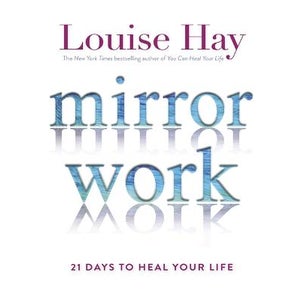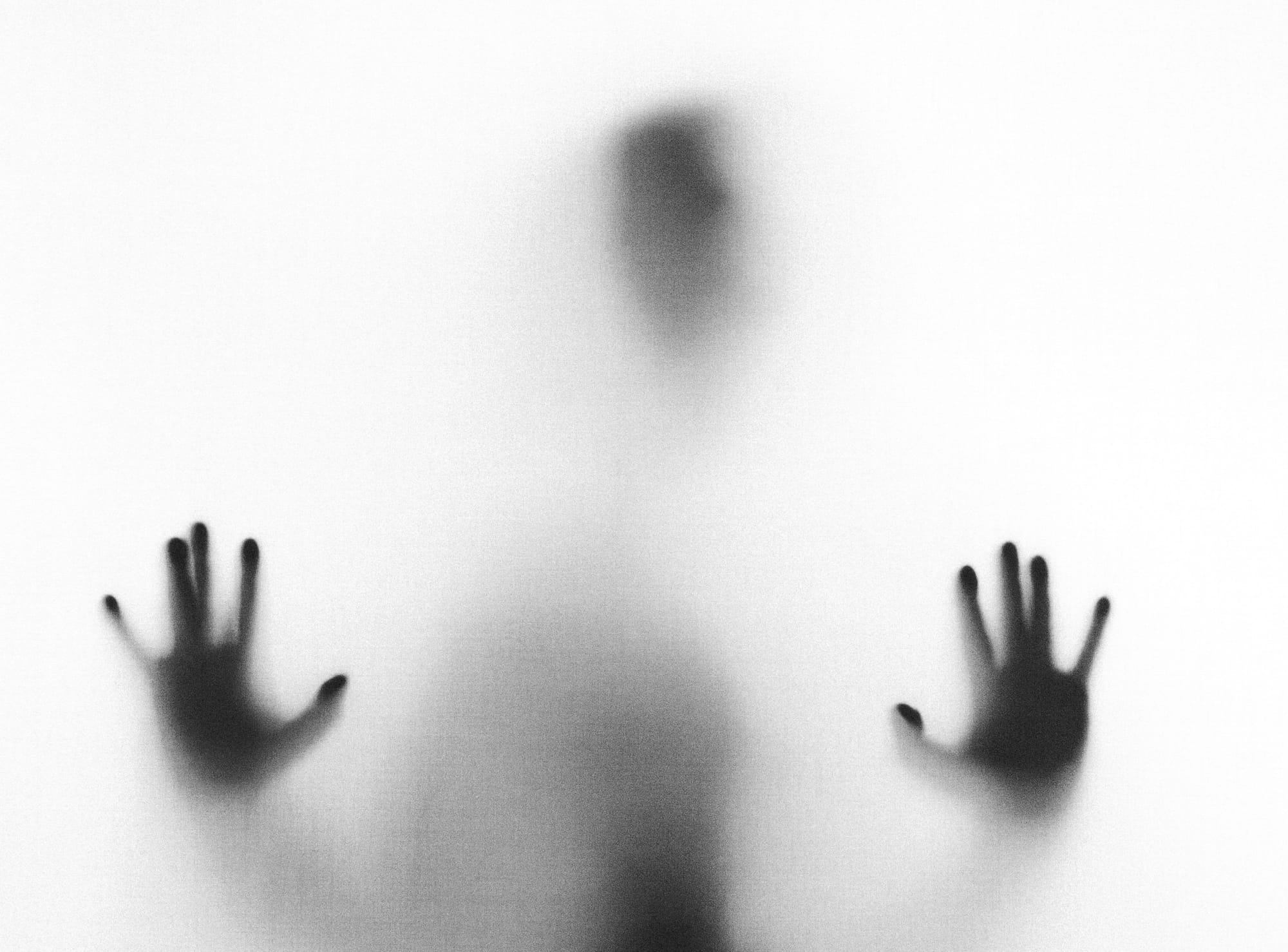
Out loud!
The moment of realisation
In recent years, the stigma surrounding mental health has significantly diminished, but the journey toward full acceptance and understanding is ongoing. It wasn’t until I was almost 35 that I acknowledged my mental health needed more than my self-care routine could provide.
The pivotal moment came over ten years ago in a doctor’s office in Hong Kong, where I lived at the time. I was in floods of tears because words—usually my strength—had completely escaped me. Such is the complexity of defining why we feel the way we do. Suffice it to say, rightly or wrongly, I walked out of that office with a prescription and a glimmer of hope.
Speaking up isn’t always easy
As an outspoken extrovert, I found it surprisingly difficult to ask for help. Was it fear of being misunderstood? Fear of judgment? The concern that I would be seen as weak or broken? The more I reflect, the more I realise part of it was the belief that these thoughts and feelings were simply part of everyday life—something everyone experiences.
But whatever the reason, it wasn’t a conscious thought. Just as it wasn’t a conscious decision when I began to live my mental health diagnosis “out loud.”
Owning your story without letting it define you
This is not to say that one’s mental health journey should become the central part of their identity. Doing so can reinforce negative thought patterns and a sense of helplessness. That said, mental health is an integral part of who we are. Addressing it is essential for a balanced, fulfilling life.
For me, speaking about my experience—quietly and clearly—became a radical act of self-advocacy. It allowed for a more authentic representation of my journey and opened doors to connections that helped build a community. A space where people feel comfortable seeking help, expressing their feelings, and recognising their strengths.
The bigger picture
Today, mental health is one of the top ten leading causes of health loss worldwide. Major depression ranks third and is projected to become the leading cause by 2030. The global impact—economic and otherwise—is substantial. In high-income countries, 35–50% of individuals with mental health issues receive treatment. In low- and middle-income countries, that figure drops to just 10–15%.
Everyday people, everyday change
For me, integrating openness into my life, work and mental health journey has fostered a broader understanding of well-being—one that goes beyond mental health alone. It embraces physical, emotional, financial, and social health. And where has this journey led me? To the understanding that we are all multidimensional.
It also doesn’t hurt that in doing so, we create a clearer picture of the demand for better treatment, better access to care, and stronger social support systems.
By extension, this work , strengthens our mental health and addictions innovations community, helping drive change at both local and national levels. It results in improved resources, interventions, and support systems for individuals living with mental health conditions.
Because it turns out that the benefits of living your experience ‘out loud’ doesn't just help you—it helps everyone you encounter.
Check out this pod' to find out more

Here's a couple of great reads that I recommend to support journeys with mental health





